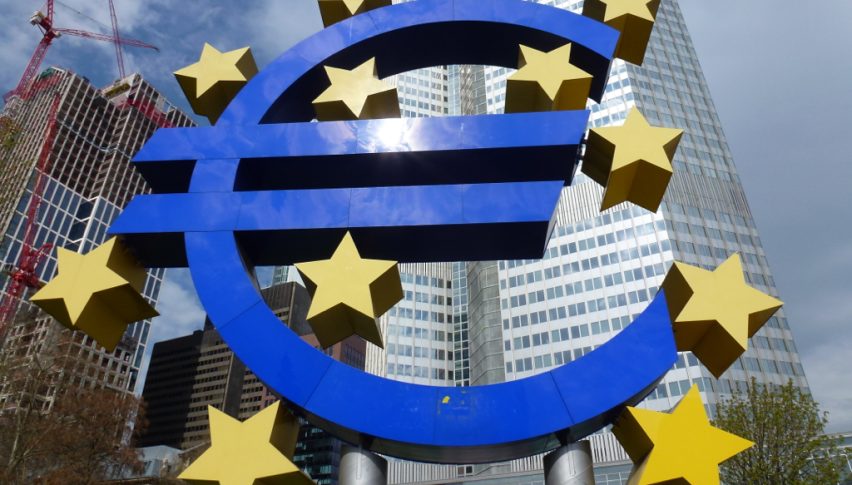European Growth Stalls: GDP Rises Just 0.1% in Second Quarter
By country, the strongest increases came from Romania (+1.2%), Poland (+0.8%), and Spain, Slovenia, and Bulgaria (+0.7% each).

Quick overview
- The eurozone economy experienced a sharp slowdown in Q2 2025, with GDP growth falling to 0.1% from 0.6% in Q1.
- Romania, Poland, and several other countries showed positive growth, while Ireland faced a significant contraction of 1%.
- The European Central Bank forecasts a modest GDP growth of 0.9% for 2025, citing trade policy uncertainty as a potential hindrance.
- Global markets, including Wall Street and Asian indices, are experiencing slight declines amid concerns over inflation data.
The eurozone economy slowed sharply in the second quarter of 2025. According to Eurostat’s preliminary estimate, gross domestic product (GDP) rose just 0.1%, down from 0.6% growth in the first quarter. Across the European Union (EU) as a whole, GDP expanded 0.2%, compared with 0.5% in the prior quarter.

By country, the strongest increases came from Romania (+1.2%), Poland (+0.8%), and Spain, Slovenia, and Bulgaria (+0.7% each). In contrast, Ireland saw the steepest contraction, with GDP down 1%. Among the eurozone’s largest economies, Germany and Italy both contracted 0.1%, while France grew 0.3% and Spain 0.7%.
ECB Forecasts Weak Growth in 2025
The European Central Bank (ECB) expects eurozone GDP to grow 0.9% in 2025 and 1.1% in 2026. The 2025 forecast is unchanged from the previous outlook, reflecting a stronger-than-expected first quarter offset by weaker projections for the rest of the year.
In the short term, trade policy uncertainty is expected to weigh on business investment and exports. However, the ECB sees public investment in defense and infrastructure, rising real incomes, and a resilient labor market supporting household spending and economic stability—especially if financing conditions continue to improve.
Other Markets
Wall Street opened lower on Thursday after hitting fresh record highs in recent days. Following this week’s surge in expectations for a Federal Reserve (Fed) rate cut, investor attention is now on how markets will digest wholesale inflation data, which came in far above forecasts.
Global markets were also trading slightly lower, with the MSCI World Index down 0.06%. In Asia, losses were more pronounced: China’s Shanghai Composite fell 0.46%, Hong Kong’s Hang Seng slipped 0.37%, and Japan’s Nikkei 225 dropped 1.35% after reaching an all-time high in the previous session.
- Check out our free forex signals
- Follow the top economic events on FX Leaders economic calendar
- Trade better, discover more Forex Trading Strategies
- Open a FREE Trading Account
- Read our latest reviews on: Avatrade, Exness, HFM and XM